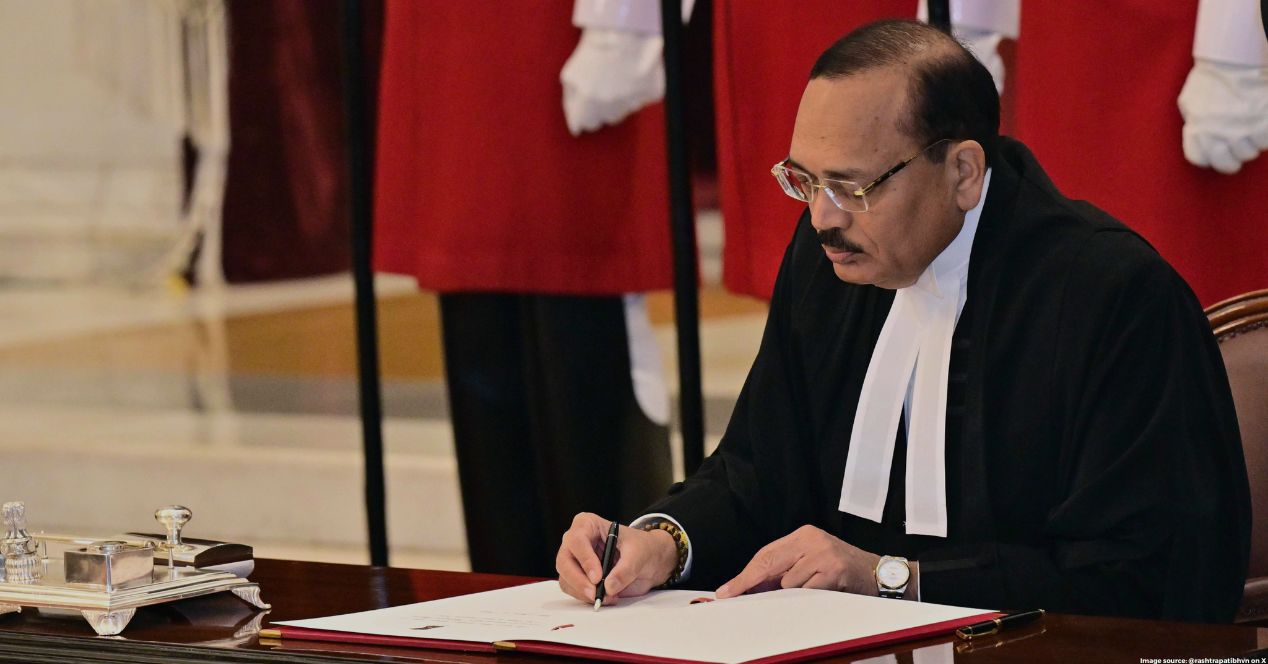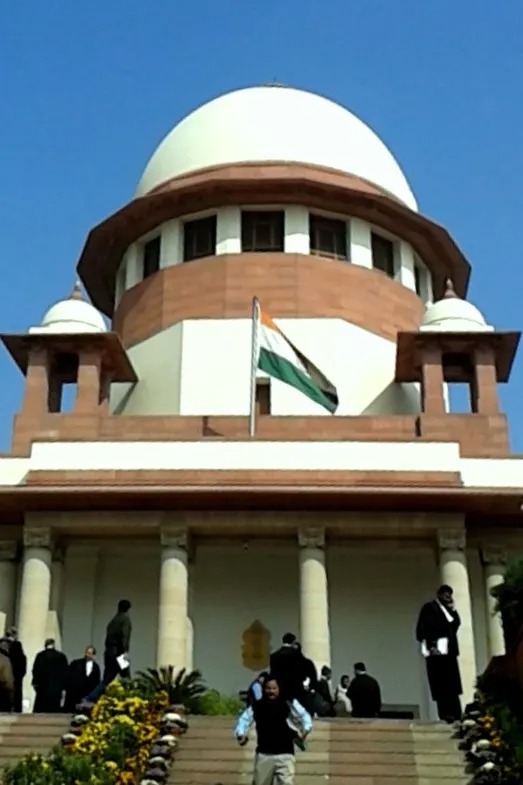N.S. Singh, J.@mdashHeard Mr. Ashang, learned Counsel for the Petitioner, namely, the Tangkhul Katamnao Saklong Oking Ukhrul and also heard Ms. Ch. Bidyamani Devi, learned Government Advocate for the State Respondents.
2. In this writ petition the Petitioner made a reasonable prayer for a direction to the appropriate authority, particularly the present state Respondents to construct the Ukhrul Higher Secondary School building and to complete it within a stipulated time by contending, inter alia, that the said school was dismentled in the month of October, 1995 and no new school building is yet to be constructed or erected till today without any justification. This Court by an order dated 9.6.98 made a querry on the following points:
1. Is it correct that Ukhrul Higher Secondary School building was dismentled in Oct. 1995 ? ..
2. If so, whether a new building has been erected in place of the old one ?
3. If not, where classes are held as on this date ? and
4. The factual position/condition of the school as regards accommodation should be clearly stated in the report.
3. In pursuance to the said order of this Court, the Zonal Education Officer(ZEO) Ukhrul, Govt. of Manipur submitted a report to the Secretary Education Govt. of Manipur and Director, of Education (S), Govt. of Manipur under his office letter No. 1/135/93- ZEO(UKL) dated 20th June, 1998 a copy of which is being placed by Ms. Bidyamani Devi, learned Govt. Advocate today before this Court highlighting the fact that the school building of Ukhrul Hr. Section School building was dismentled in December, 1995 and there is no school building at the moment and the classes are running at Boy''s hostel, Ukhrul Hr. Section School, and the School has been facing a bad condition and it has no enough rooms to accommodate the number of students enrolled every year. The Z.E.O. makes a reference to a latter dated 29.5.96 issued by the Principal X Jkhrul Hr. Sec School, a copy of which is also being produced by the learned Govt. Advocate. To meet the ends of justice I hereby form these two related office letters dt. 20.6.98 and 29.5.96 as part of the record and marked as "X" and "Y" for identification.
4. By virtue of the Fortysecond Amendment of the Constitution of India. The''education'' including technical education, mechanical educationand Universities, subject to the provisions of Entries 63,64,65 and 66 of List-I: vocational and technical training of � labour has been included in List-III, concurrent list of the Constitution. As per related provisions of law laid down under Articles 29 and 30 of the Constitution of India a protection has been made in the interest of the minority and the right of the minority to establish and administer educational institution. Apart from it, every citizen of India has a legitimate right to have an educational facilities in any institution which is the enshrined principle of the Constitution and the same cannot be denied by any authority whosoever high. In the instant case the school is running in a precarious condition and there is no enough rooms to accommodate the number of students enrolled every year as reflected in the aforementioned office letters marked as "X" and "Y" dated 20.6.98 and29.5.96. Right from the year, 1996 the school authority had been urging to the Govt. for providing the school building of the said Ukhrul Hr. Section School, but the State Respondents had not paid heed to till today without any justification and rather the state Respondents have failed to perform their lawful duties conferred upon them by law of the land At this stage I hereby recalled a case
Art. 226 is designedly couched in a wide language in order not to confine the power conferred by it on the High Courts only to the power to issue prerogative writs as understood in England. The High Courts exercising jurisdiction under Article 226 can issue ''directions, orders or writs'' so as to enable the . High Courts to reach injustice wherever it is found and to mould the reliefs to meet the peculiar and complicated requirements of this country. The High Courts have the power to issue a writ of mandamus or a writ in the nature of mandamus or to pass orders and give necessary directions where the government or a public authority has failed to exercise or has wrongly exercised the discretion conferred upon it by a statute or a rule or a policy decision of the Govt, or has exercised such discretion mala fide or on irrelevant considerations or by ignoring the relevant considerations and materials or in such a manner as to frustrate the object of conferring such discretion or the policy for implementing which such discretion has been conferred. In all such cases and in any other fit and proper case a High Court can compel the performance in a proper and lawful manner of the discretion conferred upon the Govt, or a public authority, and in a proper case, in order to prevent injustice resulting to the concerned parties, the Court may itself pass an order or give directions which the govemnment or the public authority shuld have passed or given had it properly and lawfully exercised its discretion.
5. Applying this established principle of law of the land, I direct the State Respondents to perform their lawful duties, thus constructing the school building of the Hr. Secondary School at Ukhrul within a period of 6 (six) months from the date of receipt of this judgment and order. So that the students and public at large shall not suffer and the career of the students shall be protected by the State machinery.
6. For the reasons, observation and direction made above this writ petition is disposed of.
7. As this Court required the assistance of the learned Advocate General this Court invited the learned Advocate General in the matter and informed the learned Advocate General about the existence of this judgment and order.

